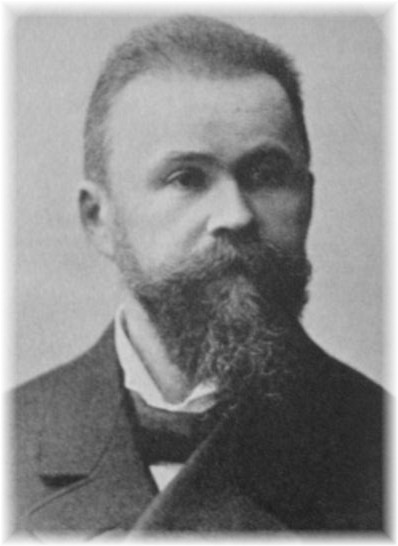Carl Wernicke
From Psy3241
Carl Wernicke was a German psychologist and neuropathologist born on May 15, 1848 in Upper Silesia. He is most known for his work with neurological disorders associated with language. He is often associated with his discovery of Wernicke's area, an area bordering the posterior temporal lobe which is known to be involved in speech comprehension. While examining a stroke patient of his postmortem, he noticed a lesion in the area now known as Wernicke's area. While alive, the patient was able to speak, but could not understand speech himself or written words. Wernicke thus concluded that this area was involved in speech comprehension and the disorder held by the patient came to be known as fluent aphasia. The most common characteristics of Wernicke's aphasia include the capability of speech at a normal rate but with the insertion of nonsensical words, and word substitutions (paraphasias). Wernicke's aphasia also includes a severe comprehension deficit that affects the understanding of both spoken and written language as well as fluent and grammatically correct but nonsensical speech and writing.
Wernicke is also attributed to the discovery of one other form of aphasia, conduction aphasia. In conduction aphasia, the patient is capable of understanding speech but is incapable of repeating anything spoken to them. Conduction aphasics also tend to perform paraphasias, and sometimes even rearrange the phonemes of a word.
References
Margaret Alic "Wernicke, Carl (1848-1905)". Encyclopedia of Psychology.
Stirling, J. (2002). Introducing neuropsychology. Hove: Psychology Press.

